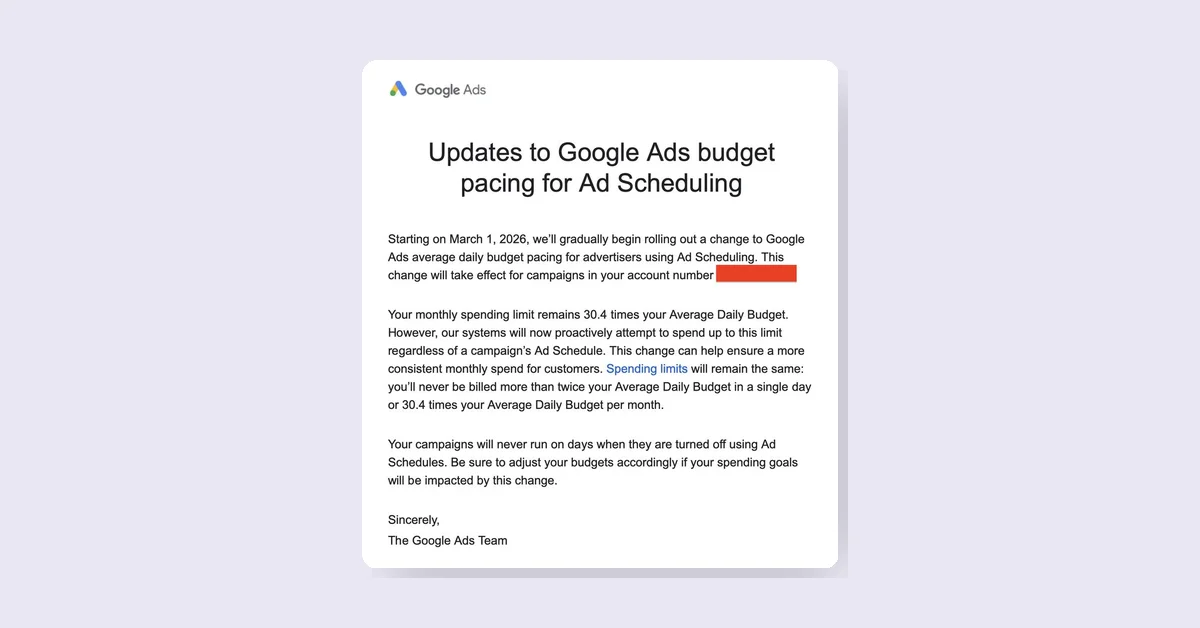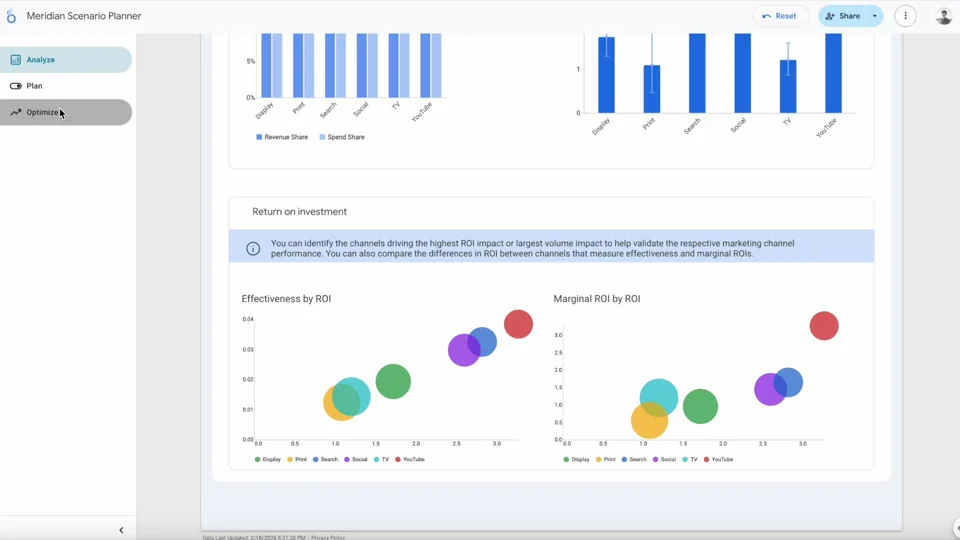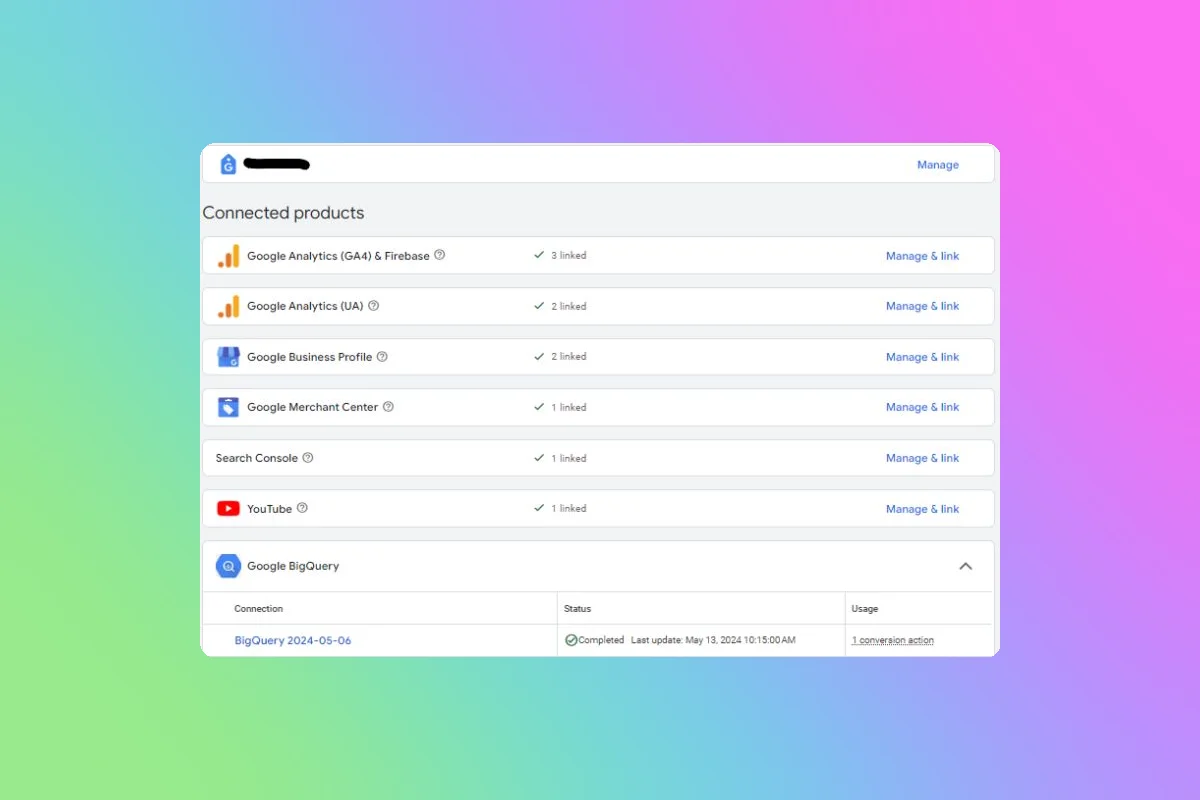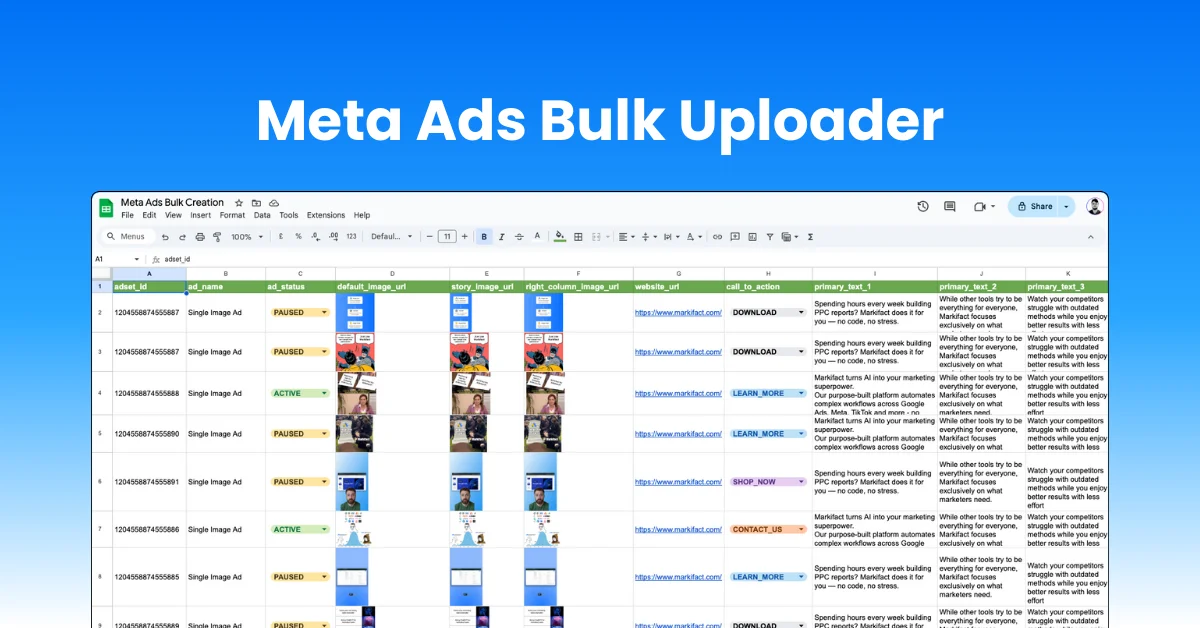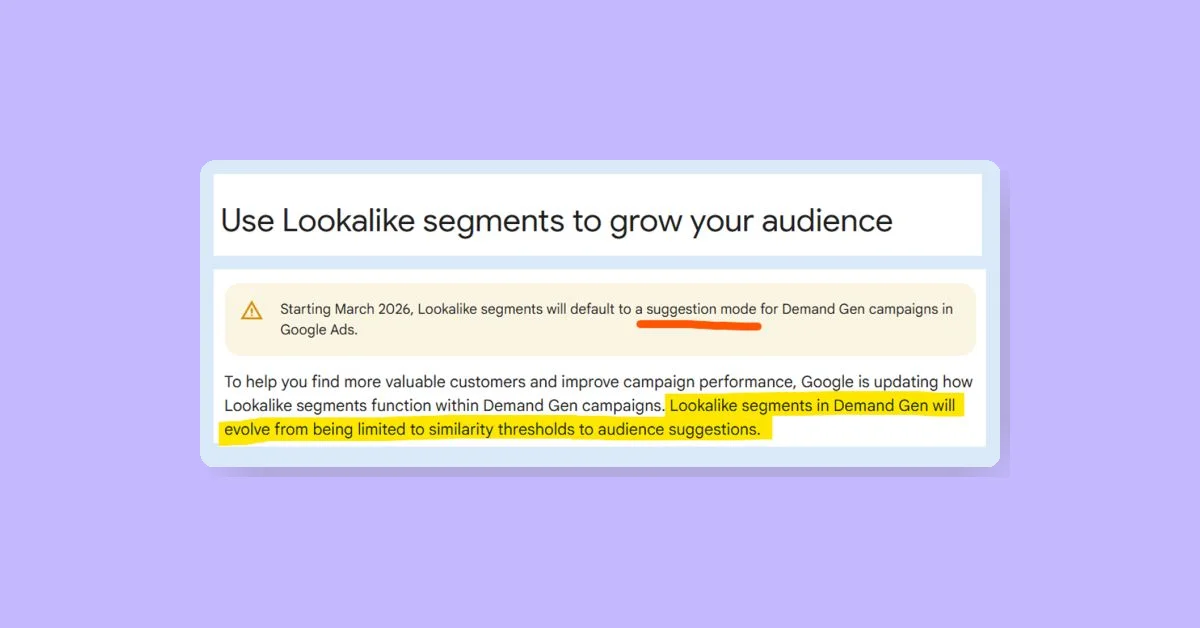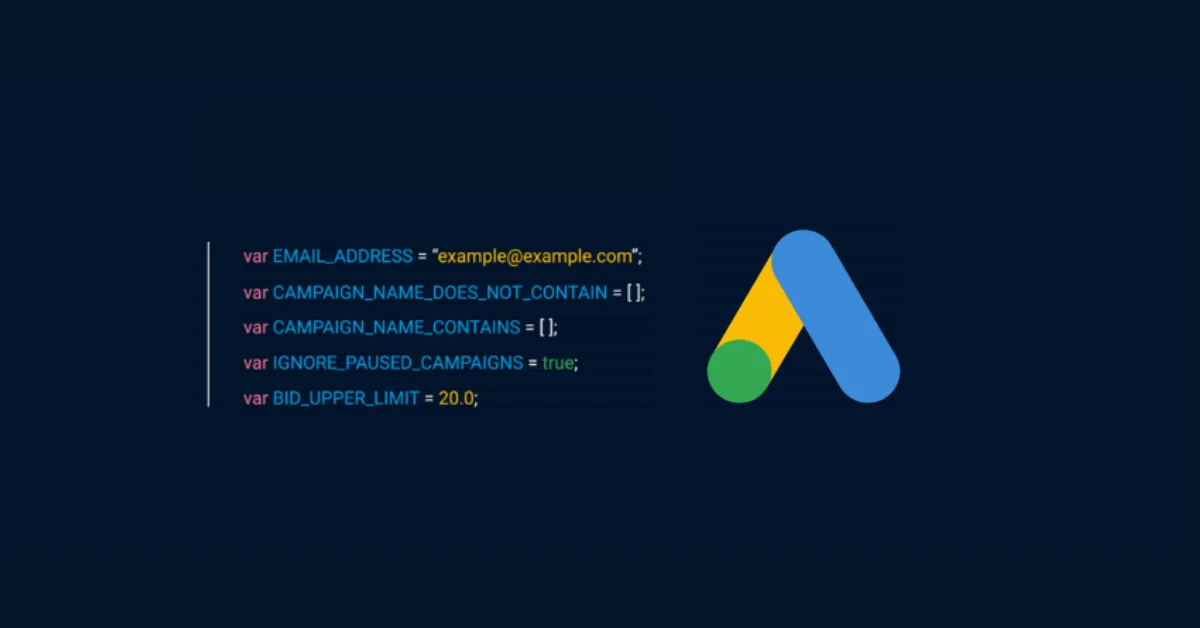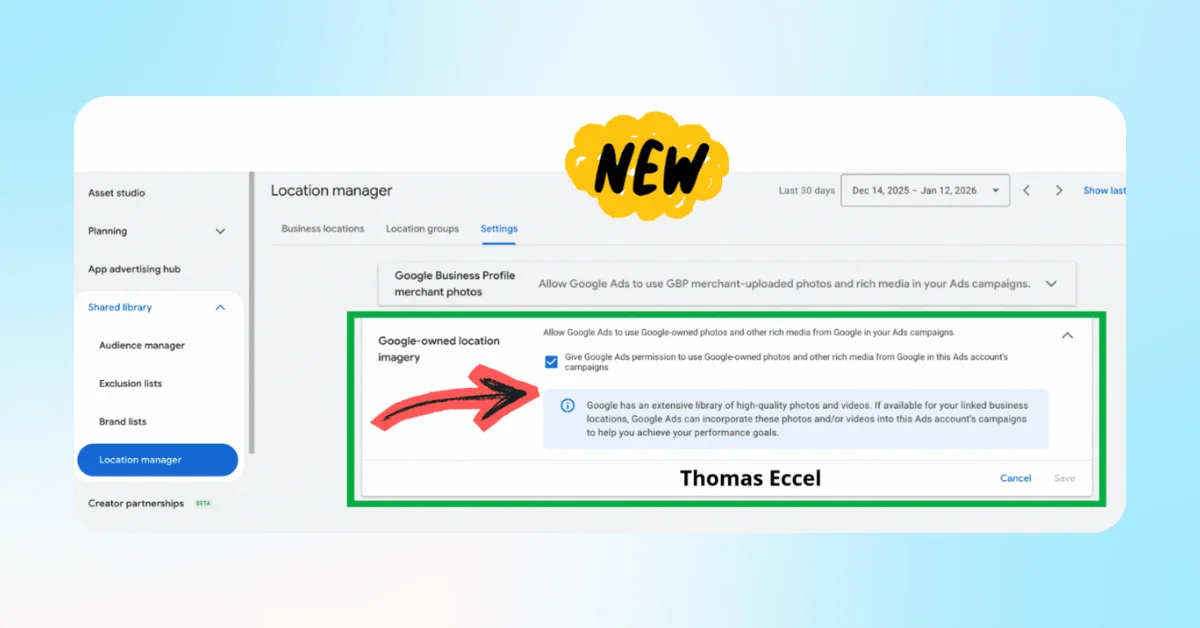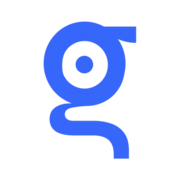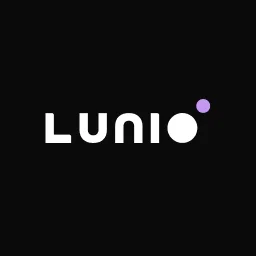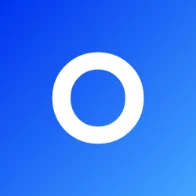Google has announced a significant change to its advertising platform, with plans to deprecate the Enhanced cost-per-click (eCPC) bidding strategy for Search and Display Ads campaigns. This update marks the end of an era for one of Google's earliest smart bidding strategies and signals a shift towards more advanced machine learning-driven approaches.
Key Points of the Update:
Timeline for Deprecation:
- October 2024: New Search and Display Ads campaigns will no longer have the option to select Enhanced CPC.
- March 2025: All existing campaigns using Enhanced CPC will be migrated to Manual CPC bidding.
Rationale Behind the Change: Google cites the development of more sophisticated bidding strategies as the primary reason for this change. Strategies like Maximize conversions with an optional target CPA, and Maximize conversion value with an optional target ROAS are expected to deliver comparable or superior outcomes.
Recommended Alternatives:
- For advertisers tracking conversions: Switch to Maximize conversions or Maximize conversion value.
- For those without conversion or value-based goals: Consider using Maximize Clicks.
- Display campaigns currently using Maximize Clicks with Enhanced CPC will automatically transition to Maximize Clicks bidding strategy from March 2025.
Automatic Transition: Campaigns still using Enhanced CPC by March 2025 will be automatically changed to Manual CPC bidding.

Impact and Industry Perspective:
Simplification of Choices: Advertisers now face a binary decision between Manual and Smart bidding strategies.
Acknowledgment of eCPC Limitations: The retirement of eCPC suggests Google recognizes its imperfections and is focusing on more advanced solutions.
Broad Implementation: The simultaneous retirement across both Search and Display platforms indicates a comprehensive strategy shift, possibly paving the way for new enhancements in auto-bidding capabilities.
Retention of Manual Bidding: Keeping manual bidding as an option is seen as a conciliatory move towards advertisers who prefer granular control over their campaigns.
Action Items for Advertisers:
Reassess Bidding Strategy:
- Conduct an honest audit of your capacity to manage manual bidding effectively.
- Consider max clicks with a bid cap for campaigns with fewer than 50 conversions in 30 days.
- For campaigns exceeding 50 conversions, max conversion value is recommended.
Audit Conversion Actions:
- Review and ensure correct setting of primary conversion actions, as these will directly influence bidding strategies.
Budget Recalibration:
- Re-evaluate budgets to align with new bidding strategies.
- Be prepared for potential underbidding in manual strategies or initial higher costs with smart bidding during learning periods.
Prepare for Transition:
- Plan for a transition period, allowing time to adjust to new bidding dynamics.
- Be ready to exclude data during the initial learning phase of new strategies.
Looking Ahead:
This change signifies Google's continued push towards more sophisticated, machine learning-driven advertising solutions. While it may require adjustments from advertisers, it also presents opportunities for potentially improved campaign performance and efficiency.
Advertisers are advised to use this transition period to thoroughly evaluate their campaign goals, bidding strategies, and overall approach to Google Ads management. The retirement of eCPC, while a significant change, may ultimately lead to more streamlined and effective advertising strategies in the long run.

